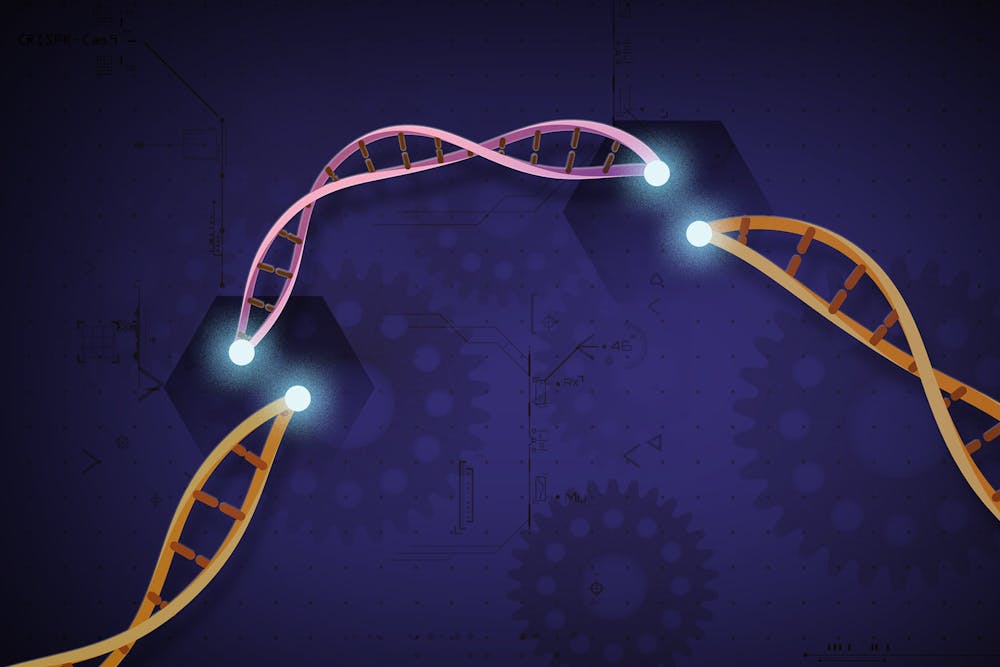Before heading off for Thanksgiving, take a moment to learn about the amazing science being done around the world. This week’s news features NASA’s Artemis 1 mission to the moon, the COP27 climate conference, groundbreaking usage of gene-editing technology to combat cancer and octopuses throwing shells in the Pacific Ocean.
Gene-editing technology used to fight breast, colon cancers
For the very first time, scientists are using Clustered Regularly Interspaced Short Palindromic Repeats (CRISPR) technology to provide tailored cancer treatment for patients. CRISPR is a gene-editing tool that allows geneticists to change the structure and function of immune cells so that these cells are better able to identify mutant proteins, which vary from cancer patient to patient.
The novel treatment has been used on 16 cancer patients who suffered from tumors in the colon and breast. Co-author of the study and researcher at the University of California, Los Angeles, Dr. Antoni Ribas, said that this was one of the most advanced treatments ever administered at his clinic, given that his team was faced with the momentous task of engineering highly-specified functional T-cells and immune cells.
NASA successfully launches Artemis I mission to the moon on Nov. 16
It’s been quite a while since America put an astronaut on the moon, and we’re going back. NASA’s Artemis I launched at 1:47 a.m. on Wednesday, Nov. 16 from the Kennedy Space Center in Florida carrying an Orion capsule intended to carry humans back to the moon. The launch required a rapid repair of a last-minute fuel leak prior to lift-off which was patched around 11 p.m.
The mission is expected to take between 25 and 40 days with the capsule descending back to Earth in the Pacific Ocean. The Artemis program aims to put the first woman and person of color on the moon in the coming years—with plans to launch a manned Artemis II mission around the moon in 2024 and to land the Artemis III mission on the satellites’ south pole in 2025— and help develop the tools necessary to take humans to Mars.
Octopuses were discovered throwing shells at each other beneath the Pacific
Only creatures with hands can throw, right? Wrong. Octopuses have recently been caught on camera throwing things at each other underwater, according to footage analyzed by a group of cephalopod researchers.
Alaska Pacific University Ecologist David Scheel’s team found that the octopuses' actions might have been intentional and motivated. Although specific reasons as to why octopuses might do this remain unknown, Scheel believes that it is probably one of many social behaviors that octopuses exhibit when there are many of them together in one location.
COP27 summit brings together global politicians and climate activists
Every November, the United Nations Conference of the Parties (COP) comes into session, with world leaders ready to discuss the most pressing issues on climate change. This year’s conference, COP27, is taking place from Nov. 6 – 18 in Sharm El-Sheikh, Egypt.
The conference has been filled with tensions as the goal to limit global warming to 1.5 degrees Celsius seems ever farther from reality as the global population hit 8 billion on Nov. 15.
Many nations have been accused of backsliding from previous commitments and activists have fought to be heard at the event against a growing presence of fossil fuel lobbyists. While the conference has been buoyed by the announcement that the US and China will reopen climate negotiations, it remains in a precarious position.





